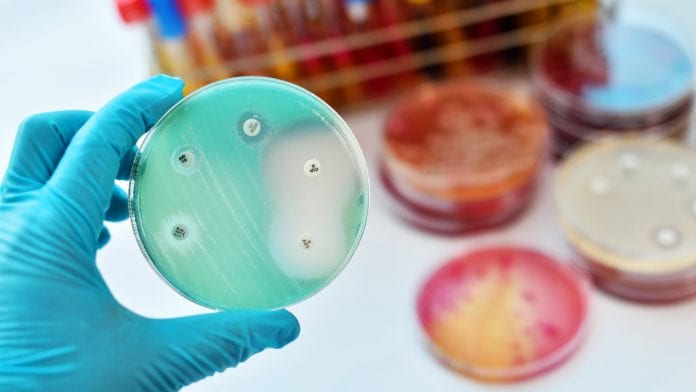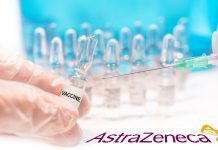
Scientists have discovered a new way to make bacteria more sensitive to antibiotics in a bid to tackle the antibiotic resistance crisis.
In a new study, a team from Singapore-MIT Alliance for Research and Technology (SMART), MIT’s research enterprise in Singapore, have discovered a way to increase antimicrobial sensitivity in bacteria by exposing them to hydrogen sulphide (H2S).
If no action is taken against antibiotic resistance it is projected there will be 10 million deaths each year by 2050. The World Health Organization (WHO) also warns that by 2030, drug-resistant diseases could force up to 24 million people into extreme poverty and cause catastrophic damage to the world economy.
The results from the study, ‘Hydrogen sulfide sensitizes Acinetobacter baumannii to killing by antibiotics’, supported by the Singapore National Medical Research Council’s Young Investigator Grant, have been published in Frontiers in Microbiology.
The importance of hydrogen sulphide
H2S has been speculated as a universal defence mechanism in bacteria against antibiotics as the production of endogenous H2S has been shown to cause antibiotic tolerance.
The team at SMART’s Antimicrobial Resistance (AMR) Interdisciplinary Research Group (IRG) tested the theory by adding H2S releasing compounds to Acinetobacter baumannii – a pathogenic bacteria that does not produce H2S on its own. They found that rather than causing antibiotic tolerance, exogenous H2S made A. baumannii more sensitive to multiple antibiotic classes and was able to reverse acquired resistance in A. baumannii to gentamicin, a very common antibiotic used to treat several types of infections.
Dr Wilfried Moreira, the corresponding author of the paper and Principal Investigator at SMART’s AMR IRG, said: “Until now, hydrogen sulphide was regarded as a universal bacterial defence against antibiotics. This is a very exciting discovery because we are the first to show that H2S can, in fact, improve sensitivity to antibiotics and even reverse antibiotic resistance in bacteria that do not naturally produce the agent.”
The scientists believe the results will be mimicked in all bacteria that do not naturally produce H2S. “Acinetobacter baumannii is a critically important antibiotic-resistant pathogen that poses a huge threat to human health. Our research has found a way to make the deadly bacteria and others like it more sensitive to antibiotics, and can provide a breakthrough in treating many drug-resistant infections,” said Yong Ng, lead author of the paper and Laboratory Technologist at SMART AMR.
The team will be conducting further studies to validate the findings in preclinical models of infection.

























